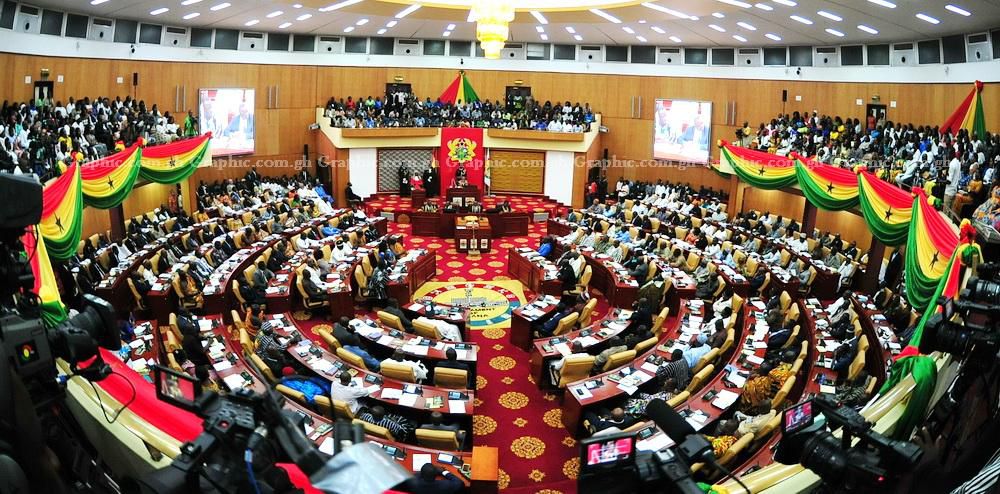Parliament halts passage of RTI bill
)
This comes after the Committee on Constitutional, Legal and Parliamentary Affairs received new proposed amendments to the Bill.
Parliament approved a motion to delay the implementation of the RTI till January 2020 when it is passed.
Earlier, the Minority kicked against the proposed transitional provision to delay the implementation of the bill.
They questioned the government for foot-dragging the passage of the RTI bill which was drafted 22 years ago.
The New Patriotic Party (NPP) MP for Suhum, Frederick Opare-Andah, proposed the amendment that the RTI should come into force 12 months from the date on which the Act is assented to by the President.
But the Minority said the media, civil society organisations and many Ghanaians had waited for the passage and implementation of the RTI for years.

However, Chairman of the Constitutional, Legal and Parliamentary Affairs Committee, Ben Abdallah Banda, MP, Offinso South, speaking on the floor of the House told members that the committee was considering the proposed amendments and would communicate same to the plenary accordingly.
He said "Mr Speaker, certain proposed amendments have been presented to the Committee so we are still meeting stakeholders. If the need arises (for those amendments to be considered) there will be a possibility of a second reading."
What is RTI bill?
The right to information is a fundamental human right guaranteed by the country's 1992 Constitution and recognized as a right under International Conventions on Human rights. The bill will give substance to Article 21 (1) (f) of the Constitution which states that "All persons shall have the right to information subject to such qualifications and laws as are necessary in a democratic society".
It was first drafted 22 years ago under the auspices of the Institute of Economic Affairs, IEA.
The draft Executive Bill was subsequently reviewed in 2003, 2005 and 2007 but was never laid in Parliament until February 5, 2010.
It was subsequently withdrawn to review some clauses.
Since then, efforts by several advocacy groups to put pressure on the duty bearers to have the Bill passed have also not yielded any positive results until now.
Observers have criticized successive governments for lacking the political will to pass the Bill.
)
)
)
)
)
)
)
)
)
)
)
)
)
)